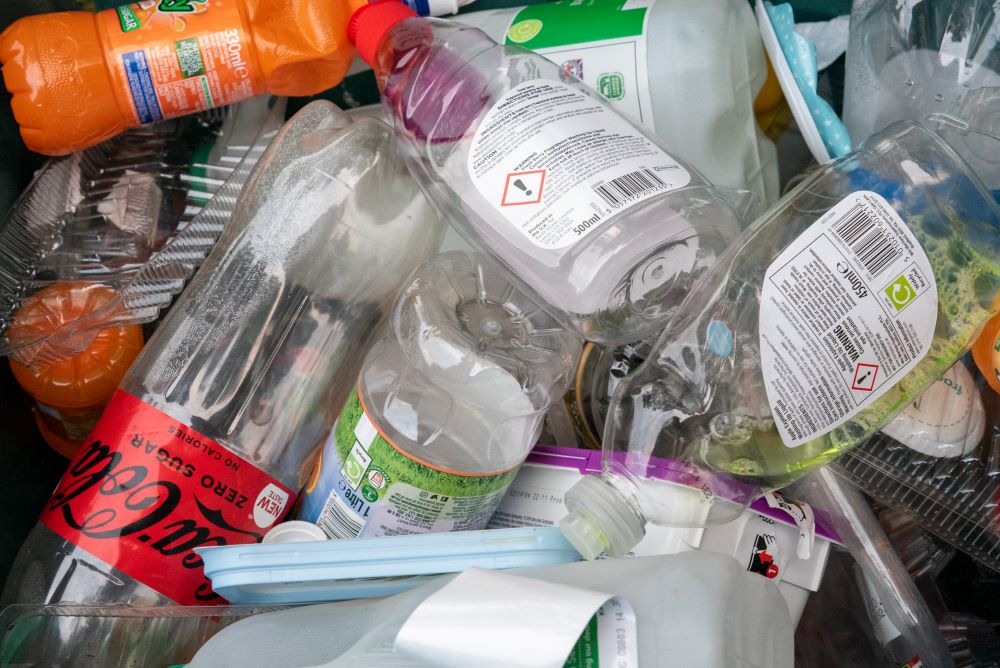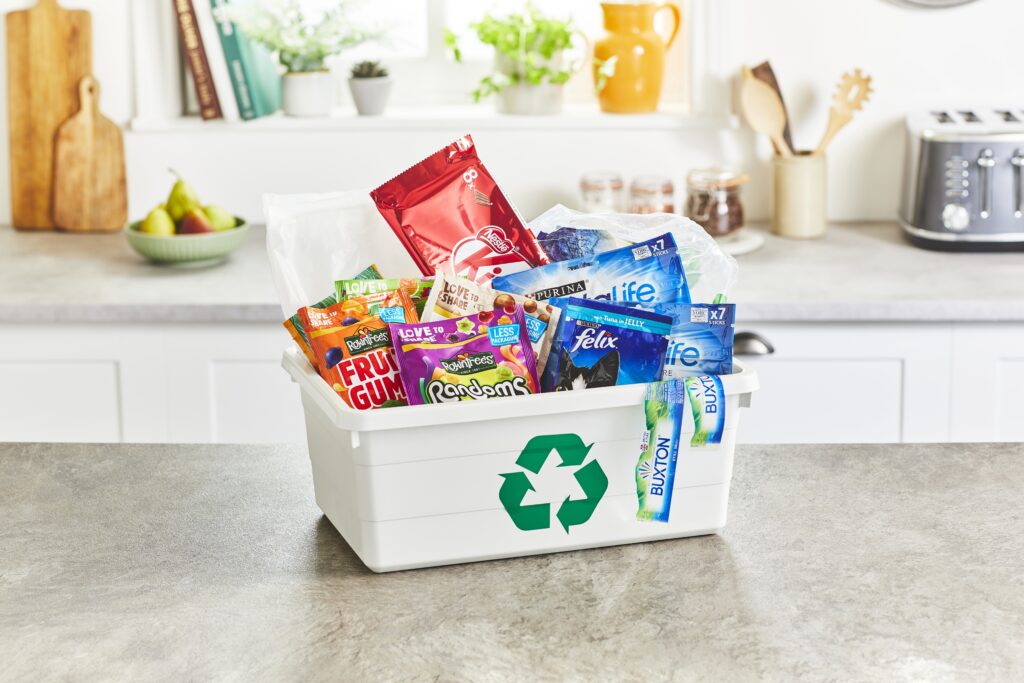The government consultation into proposed changes to the packaging waste recovery note (PRN) system closed on Tuesday. Wastepack, the second largest compliance scheme in the UK, also urged DEFRA to simplify the data system and do more to put price-sensitive information, like national obligation figures, in the public domain in a more timely fashion.
On targets, the scheme said that DEFRA's proposal will see too big a leap in the proportion of PRNs producers will need to secure for each specific material between this year and 2004. At the moment, producers only need to ensure about 30% of their PRNs are of certain types, with 70% of their obligation able to be carried out buying any type of PRN. This allows some flexibility within the market.
But, the government proposals for targets will see a huge step change so that the proportion of “prescribed” PRNs producers will need is to move from 30% to 80% in 2004 and 90% in 2008.
Speaking to letsrecycle.com, communications director Mike Beard warned that such a move would bring “chaos” to the market.
“It might work at a national level,” he said, “but there will be chaos in the market. We are arguing that it should be a much gentler curve to create a smoother market.”
The scheme supports long-term target setting, and on material specific targets has called for a single metals target to be retained and called DEFRA's proposed jump from a 19% to 60% target for wood recycling “excessive”.
Data
Wastepack, part of the Wastelink Group, said that two main problems exist with the current data system: the mismatch between the UK's national obligation and the amount of material reprocessed and the fact that many businesses find the costs of producing packaging data significant compared to the cost of compliance.
The scheme said: “The national percentage targets set each year by government are intended to generate progressive increases in recycling in order to reach future UK targets. They are also intended to indicate the supply target which the reprocessing industries are expected to meet. This process is thwarted because bottom-up data submissions of around 6,000 businesses rarely add up to the total target the government intended.
“This mismatch damages the efficient operation of the market,” it said.
Wastepack warned the government that unless supply (reprocessing) figures and demand (obligation) figures were released on a continually updated website in real time, there was a danger that information could leak into the market on an even-handed basis.
When information is released, the scheme said, it can be confusing and clarifications are not easily sought. Unlike Valpak, Wastepack agreed with the proposal to scrap the carry-over system, in which an extra month is added onto each compliance year to improve the balance between PRNs issued and obligations to be obtained. It said the carry over was not fully understood by reprocessors and could be a threat to the accuracy of data.
Increasing capacity
Other problems with the data system highlighted by Wastepack included the lack of accuracy within material streams. The scheme warned that by including recovery that had been going on for years but had never been counted before in UK statistics, such as the inclusion of Northern Ireland, wood recycling and newly accredited reprocessors, the statistics showed a greater increase in recycling in the UK than has actually occurred.
Continued on page 2










Subscribe for free